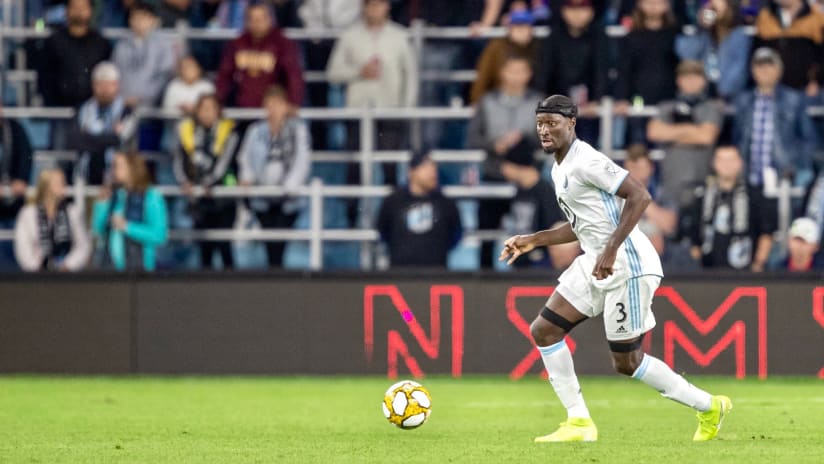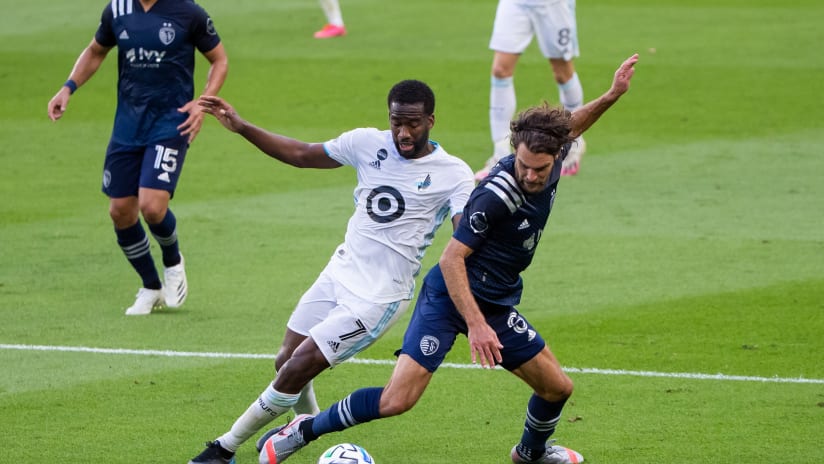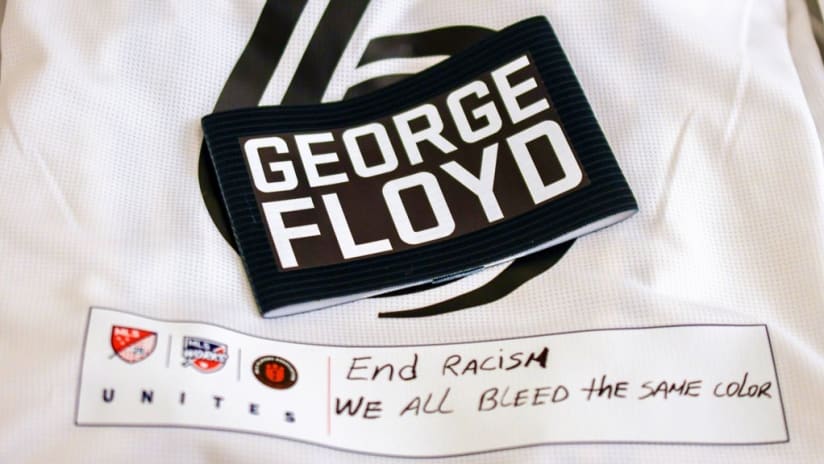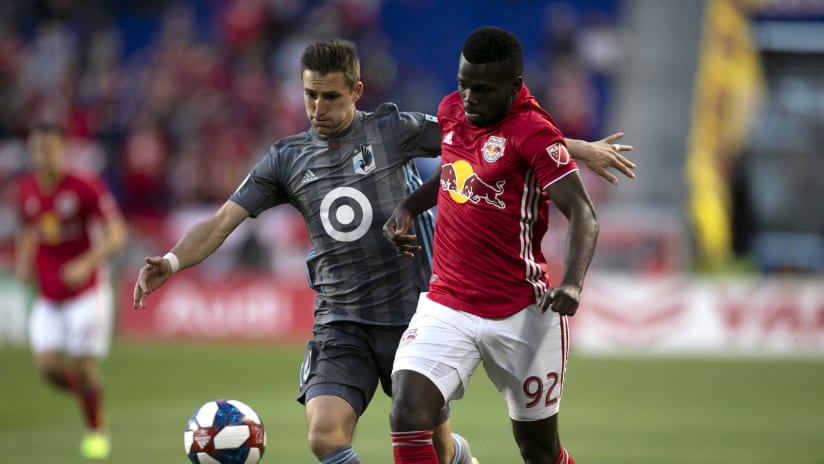I’ve seen it, you’ve seen it. A team acquires a centerback, either domestically or from abroad. There’s a sizeable dollar figure and some bromides about veteran leadership or tremendous upside. Then there’s the nitty-gritty: the numbers. And it’s like, three goals and an assist over 40 games. Or 80 games. Or 120 games.
The traditional numbers that we have just can’t do justice to what a defender does. Even when you expand it to include tackles, clearances, interceptions and other markers of defensive prowess, it fails to capture it. As Loons defender Brent Kallman once memorably told me, soccer is cruel. You can keep a clean sheet and only get a point. You can ship three and still get the win. While it can be punctuated by goal-line clearances or crushing tackles on the wing, a strong defensive performance is as much about what you don’t see as what you do see. It’s about constancy.
To paraphrase the oft-quoted-at-weddings 1 Corinthians 13: Defense is patient, defense is kind. It does not envy, it does not boast, it is not proud. It is not rude, it is not self-seeking, it is not easily angered, it keeps no record of wrongs. Defense does not delight in evil but rejoices with the truth. It always protects, always trusts, always hopes, always perseveres.
And if you’re looking to make a long-term commitment to the defender of your dreams, it would be hard to do better than Ike Opara.
When Opara joined Minnesota United prior to the 2019 season, there were at least whispers out there that the Loons might have overpaid for him, maybe even just a skosh. Minnesota had to surrender in the neighborhood of a million dollars in Targeted Allocation Money for the centerback, but it might have been just about the cheapest million the team ever spent.
You see, in a comparatively young league only now truly stepping onto the world stage, it’s not surprising that the most cash is splashed on the splashiest players: forwards, strikers, no. 10s, attackers of all stripes. This means that quality centerbacks are a market inefficiency — on the surface, a million dollars looks big when weighed against perceived value, but your return on investment can be huge because the impact on the defensive end can be so much greater.
So it was with Opara, who slotted in seamlessly next to Michael Boxall and helped elevate his game. Osvaldo Alonso’s impact in the defensive midfield was massive as well, as was Jan Gregus’ slightly higher up the pitch. To watch Minnesota United in 2019 after seeing them struggle for the previous two years was to see above all a backline with confidence, with steadiness. When the ball cycled back to them, you knew it was in good hands, for the first time in … well, forever.
Altogether, the additions to the team’s spine in 2019 set the template for success, and Opara was the fulcrum of that spine. On the pitch, Opara is faster than he looks, his tight but long strides shutting down distances, and his lanky frame belies a willingness to get in the fight and mix it up. The truth, though, is there is no one standout skill that you can point to with Opara to define him. Like defense itself, it’s about being more than the sum of the parts.
I’ll close with a story that might at first seem to reflect poorly on Opara. At the close of training, players will regularly participate in games — two-touch, soccer tennis, etc. — to unwind and work on fine motor skills. At the age of 31, Opara has earned the right to sit this stuff out, and he usually does, preserving his body for games. I overheard someone whose opinion I trust say that Opara is the worst “soccer player” — with air quotes — on the team. He’s not going to effortlessly juggle a ball a couple dozen times, turn someone around with a spin move, or rip a curled shot into the upper 90. But he’s also not simply a glue guy — one of those vets whose experience is more valuable than their skill. It’s a little too easy to say he brings something intangible to the team, because what he brings is all too plain: heart, will, grit, effort, leadership, tenacity, but also joy, fun, spirit, positivity. The combination of all those things is just as rare, hard-won and valuable as the deftest touch, the silkiest handles.
Maybe I’m making this all too complicated. All those qualities listed above are emotive — they’re feelings. And maybe those things don’t need to be quantified. The poet e.e. cummings said, “since feeling is first / who pays any attention / to the syntax of things / will never wholly kiss you” and though numbers have their place, they can’t — at least for now — measure everything about a player. You just can’t solve for x with Ike Opara. Maybe he is the x.





